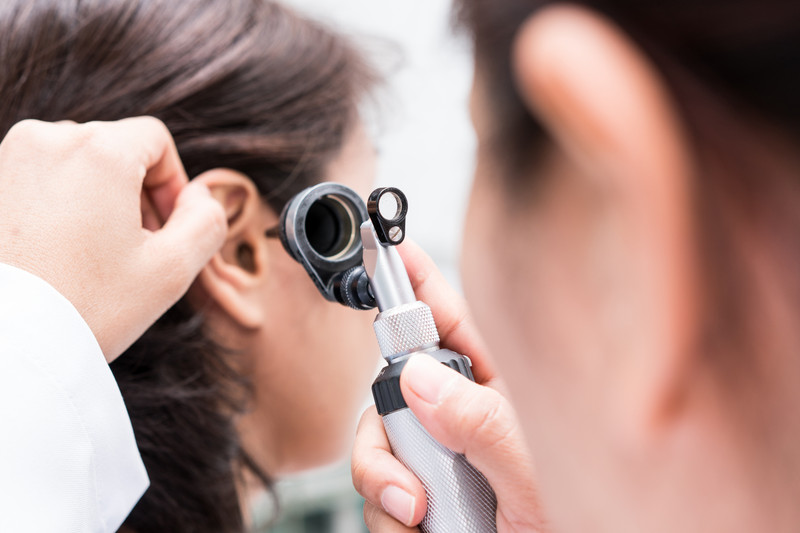Ear health is not something that we think about often, but it certainly can grab your full attention when something suddenly disrupts your daily activity, such as an earache. Here we discuss ear health and hearing and suggest five supplements that can support healthy ears and hearing.
Why Ear Health Matters
Preserving your ability to hear well is dependent on your ear health. To take care of your ears, there are environmental stimuli to be avoided and hygiene practices to embrace to help prevent ear problems or at least ease issues you are already experiencing.
Many people underestimate the consequences of hearing loss. The blunt truth is that hearing loss can affect your social and emotional well-being, as well as hinder your physical wellbeing (e.g., environmental awareness, balance). Hearing loss can often come upon a person slowly, but there are things you can do to preserve your ear health and hearing. Roughly 14% of Americans between ages 20-69 have some form of hearing loss.
Two of the most important things you can do to preserve your ears and hearing are to avoid frequent or prolonged exposure to loud noises (over 85 decibels), and keep your ears clean (remove excess wax, keep water out of ears). Quitting smoking and relieving stress can also help, since both are associated with an enhanced risk of hearing loss. Furthermore, eating a healthy and nutritious diet can positively support your ear health over time.
Supplements for Ear Health & Hearing
Certain vitamins and minerals contribute to ear health and support the bodily processes which support ear health and hearing. They do so in different ways. Here are some of the best supplements for your ears and hearing:
Magnesium supplementation could be helpful for preventing damage and hearing loss due to loud noise. How does that work, you ask? Tiny hair cells in the inner ear transmit electrical signals to the brain, which are interpreted as sounds. These hairs are damaged by oxidative stress caused by loud noises in the environment. Magnesium can help prevent this oxidative damage, preserve these tiny hairs, and therefore preserve hearing (or at least reduce potential hearing loss) in the face of exposure to loud noise. Scientific study recommends the use of magnesium supplements for this purpose.
Omega-3 fatty acids: Studies suggest that supplementing with omega-3s could reduce age-related hearing loss. Omega-3s could do this in a couple of different ways. First, they reduce inflammation, which could help ease the effects of disease and aging that typically contribute to hearing loss. They can also support healthy vascular blood supply to the cochlea (a component of the ear).
Zinc is a micronutrient which can support the immune system in fighting bacteria and viruses, a benefit that can potentially reduce the risk of ear infection. It also helps to reduce inflammation, and studies show that supplementing with zinc could help in the recovery process for those who experience sudden hearing loss.
Potassium works with other electrolytes to carry out certain interactions in the body, including translating sounds into electrical impulses in the inner ear. Low levels of potassium are correlated with age-related hearing loss.
Folic acid supplementation increases folate levels in the body, and evidence suggests that this can help slow the rate of hearing loss over time. It accomplishes this by helping to metabolize homocysteine, an amino acid which can impair blood flow to the inner ear and elsewhere. Folic acid can also reduce the production of free radicals due to exposure to loud noise, thereby supporting blood flow and cellular health in the inner ear.
If you have experienced hearing loss or believe you are at risk of experiencing it, then consider the supplements discussed above. One or more of these could benefit your hearing and ear health if taken regularly. Talk to your healthcare provider before taking a supplement for the first time.

